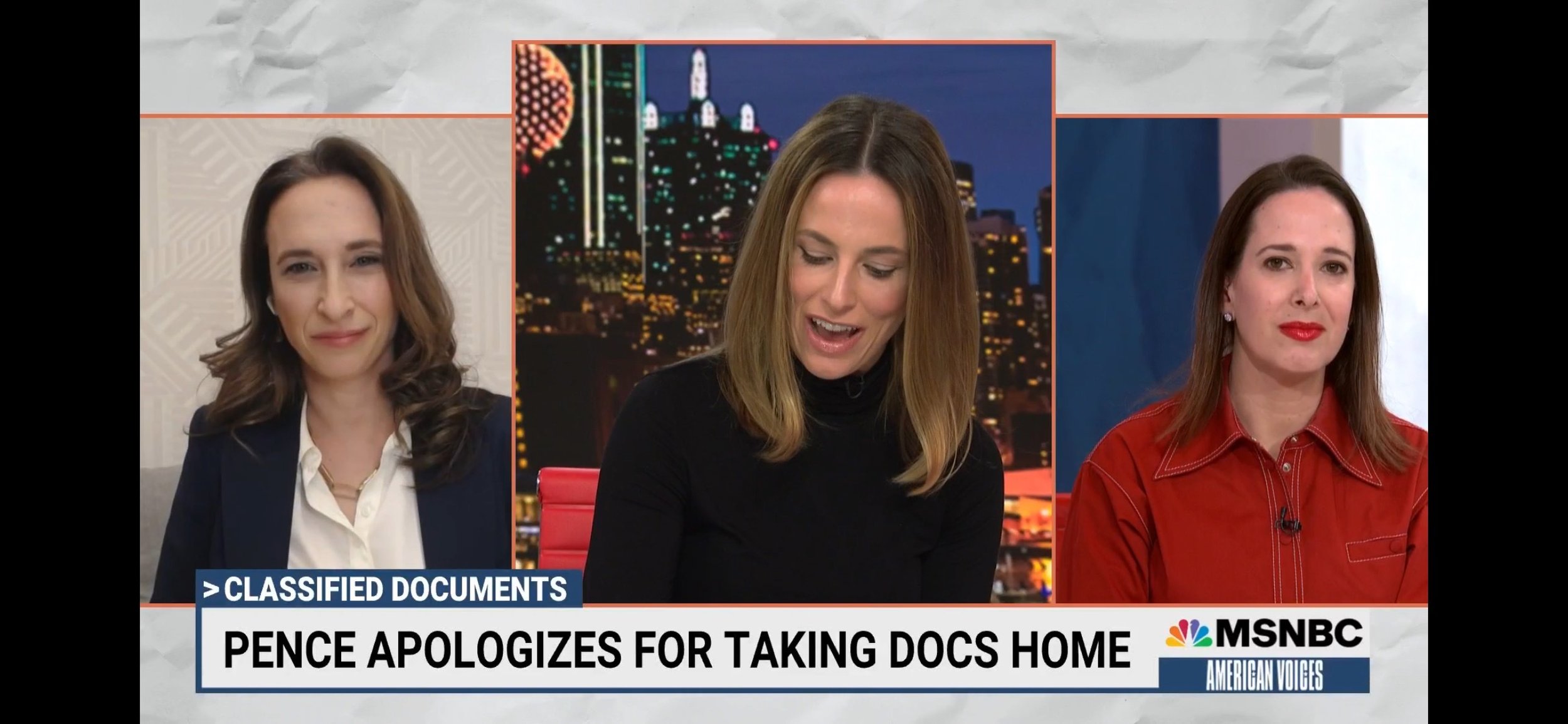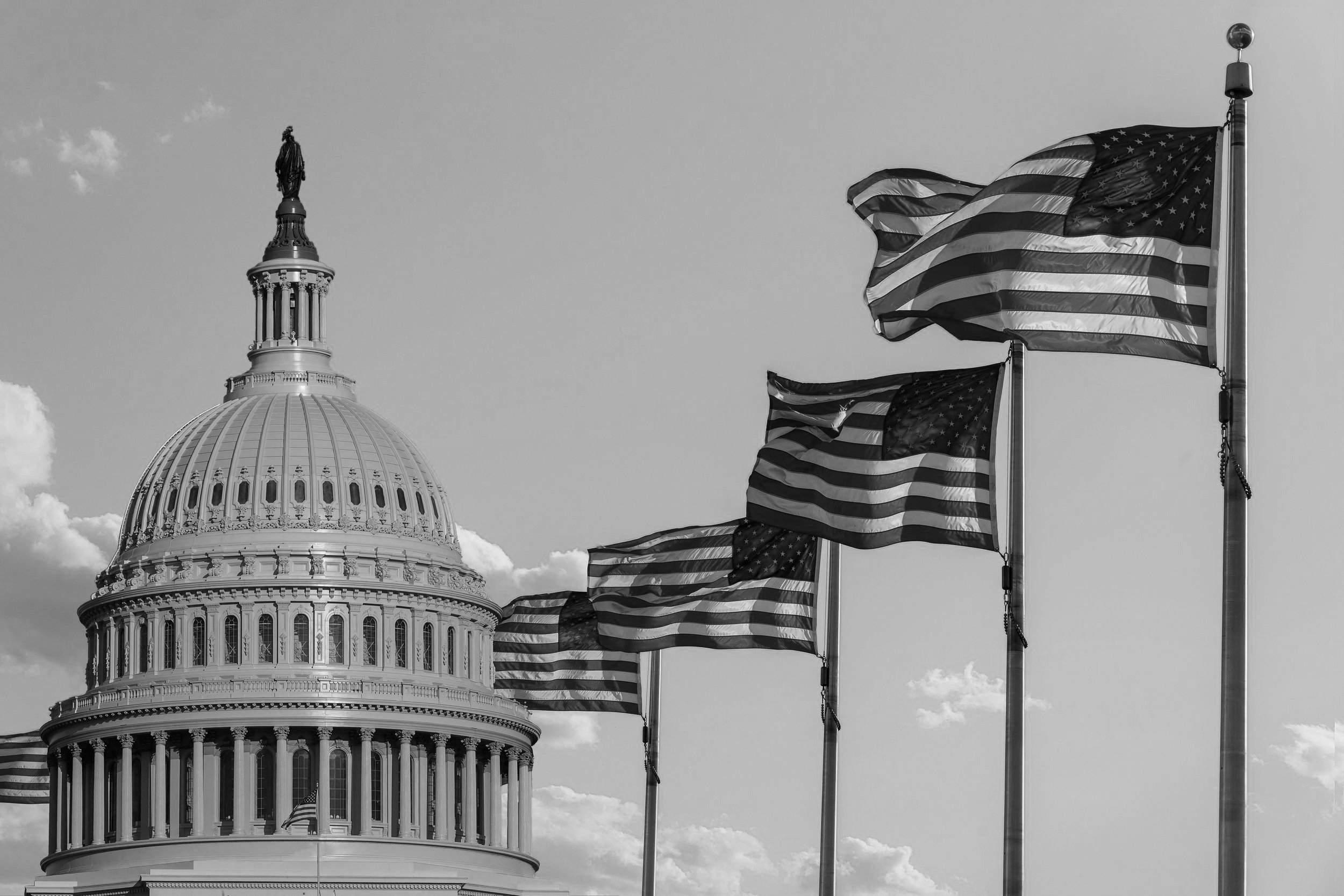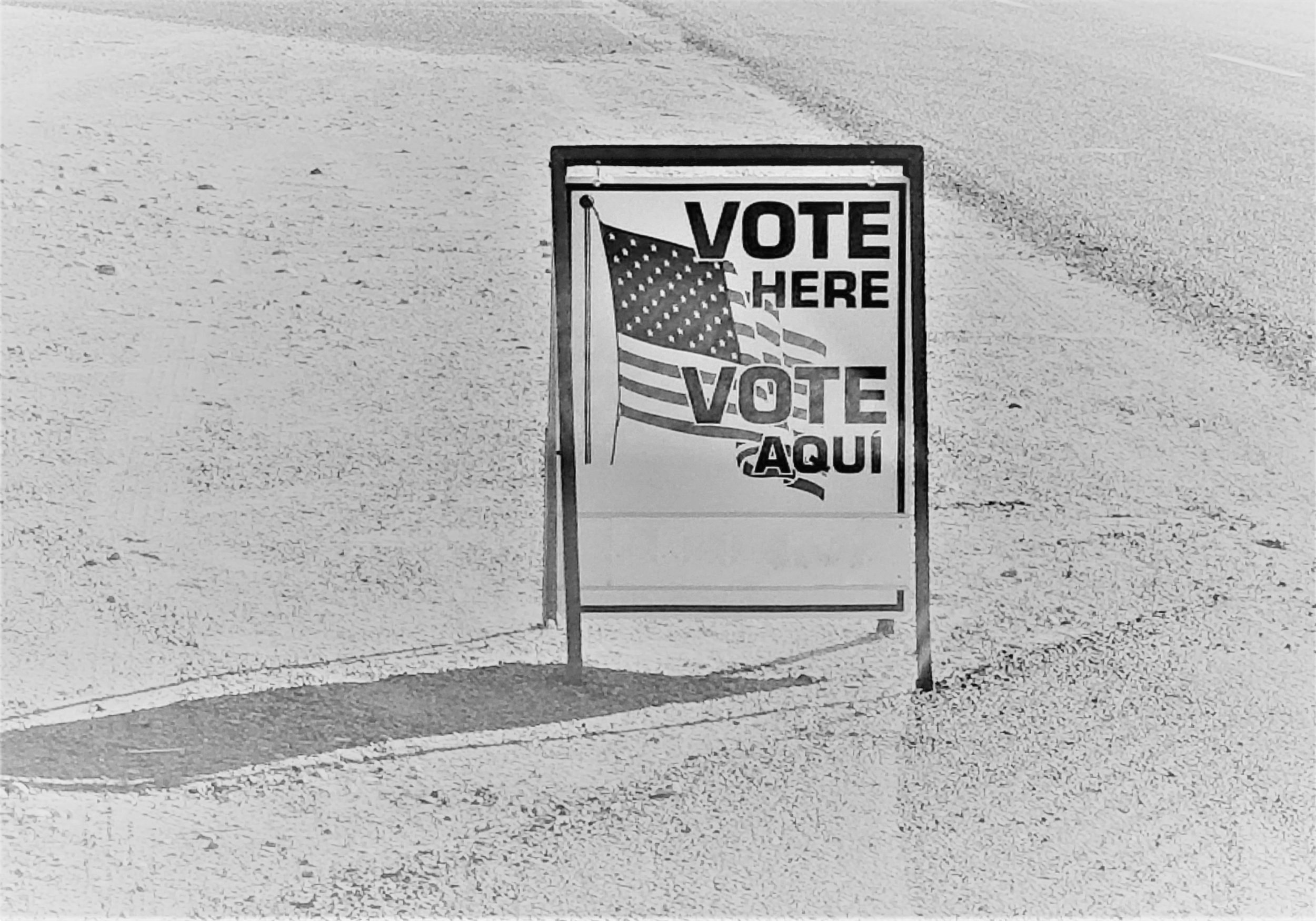Tufts University Associate Professor of Political Science and Leadership Now member Dr. Eitan Hersh recently released findings from a new survey funded by Leadership Now that examines the changing partisan landscape of the business community and business leaders’ attitudes toward political engagement. On a call with our members, Dr. Hersh dove into the results and shared his thoughts. Here are some of the key findings:
Shifting Political Alignment
No matter their political preference, the majority of survey respondents believe US businesses have become more aligned with Democrats in the last decade. Executives say CEOs and employees have the most influence over corporate political alignment compared to other stakeholders such as customers or investors, and they believe CEOs and employees are causing the political realignment.
Policy Focus Areas
There is a widespread appetite among business leaders for companies to do more on most policy issues. The one exception is election administration policy — no matter their political affiliation, business leaders overwhelmingly disfavor companies becoming more involved in elections. Of the variety of social/policy issues companies can get engaged with, economic policy is the most popular. More engagement in environmental and social policy engagement was also of interest to business leaders, regardless of their political affiliation. There was near unanimous support from all respondents for companies encouraging people to vote as a strategy for civic engagement.
Corporate Political Activities
Most business leaders prefer political engagement in the form of “traditional elite methods”, such as advocacy through industry groups and executives meeting directly with lawmakers. Executives strongly disfavored turning away objectionable customers that disagreed with their own values; however younger executives in customer facing organizations/roles were much more likely to support dropping objectionable customers. About one-third of executives said that their companies regularly make political contributions and most executives believe that their companies should scale down their political contributions. Additionally, overall executives have concerns that increased company political activism would harm profitability, employee morale, and brand favorability; however, Democratic business leaders have a stronger preference for corporate activism than Republican business leaders.
In addition to the survey, Dr. Hersh conducted 30 hour-long one-to-one interviews with executives and was able to get a sense of the constraints the business leaders face, as well as the lack of awareness of what it would mean to be involved in lawmaking and policy efforts.
Dr. Hersh recently published an op-ed in The Atlantic with his thoughts on “political hobbyism — a performative form of civic engagement that has become the white-collar set’s preferred approach to public affairs.” He uses the example of companies that publicly stated they would not contribute to politicians who voted against certifying the 2020 election and then quietly went back to donating to them. He encourages business leaders to strategically get involved in long-term civic engagement, rather than take public stands but not hold themselves accountable.
Dr. Hersh plans to expand his research to include input from the general public and expects results in January 2023. We will be sure to share those findings once they are released.





















